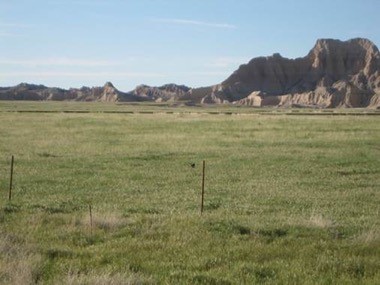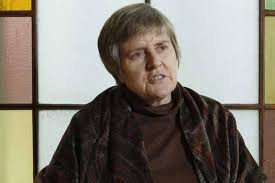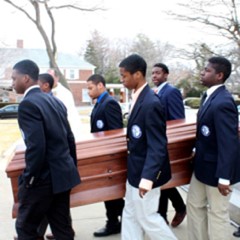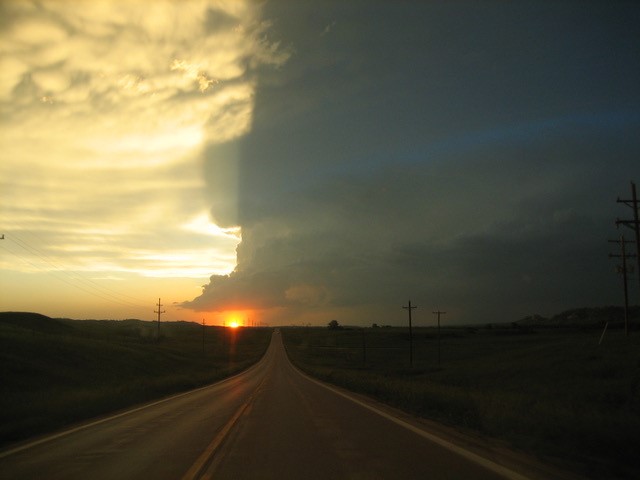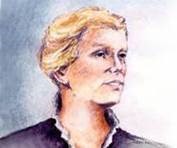Wednesday, May 27 Gerard Manley Hopkins, s.j. “God’s Grandeur”
“Because the Holy Ghost over the bent
World broods with warm breast and with ah! bright wings.”
The 19th century Jesuit poet, Gerard Manley Hopkins, revolutionized poetry with his unchained cadences, which he called “sprung rhythm,” and daring vocabulary, words often from Anglo-Saxon, rather than Latinate roots. This shocked his Poet Laureate friend, Robert Bridges, who berated him for the density of his word choices and cadences both.
On November 6, 1887, Hopkins wrote Bridges, simultaneously teasing his friend and attempting to explain the density of his poetic language. Try reading GMH’s explanation out loud; note that this apologia for demanding word choices emerges as a single, grammatically-correct sentence.
“Plainly if it is possible to express a subtle and recondite thought on a subtle and recondite subject in a subtle and recondite way and with great felicity and perfection in the end, something must be sacrificed, with so trying a task, in the process, and this may be the being at once, nay perhaps even the being without explanation at all, intelligible.”
So, take a deep breath before you begin. For that matter, try reading “God’s Grandeur” out loud as the poet intended.
Best to read the poet out loud, with pauses, several times. Perhaps as a moment of gladness and gratitude for an open sky that traces its fingertips across Livernois and caresses my city, its beauty and its troubles both.
Have a blest week.
john sj
Today’s Post: Gerard Manley Hopkins, sj “God’s Grandeur”
The world is charged with the grandeur of God.
It will flame out, like shining from shook foil;
It gathers to a greatness, like the ooze of oil
Crushed. Why do men then now not reck his rod?
Generations have trod, have trod, have trod;
And all is seared with trade; bleared, smeared with toil;
And wears man’s smudge and shares man’s smell: the soil
Is bare now, nor can foot feel, being shod.
And for all this, nature is never spent;
There lives the dearest freshness deep down things;
And though the last lights off the black West went
Oh, morning, at the brown brink eastward, springs —
Because the Holy Ghost over the bent
World broods with warm breast and with ah! bright wings.
Gerard Manley Hopkins 28 July 1844 – 8 June, 1889


